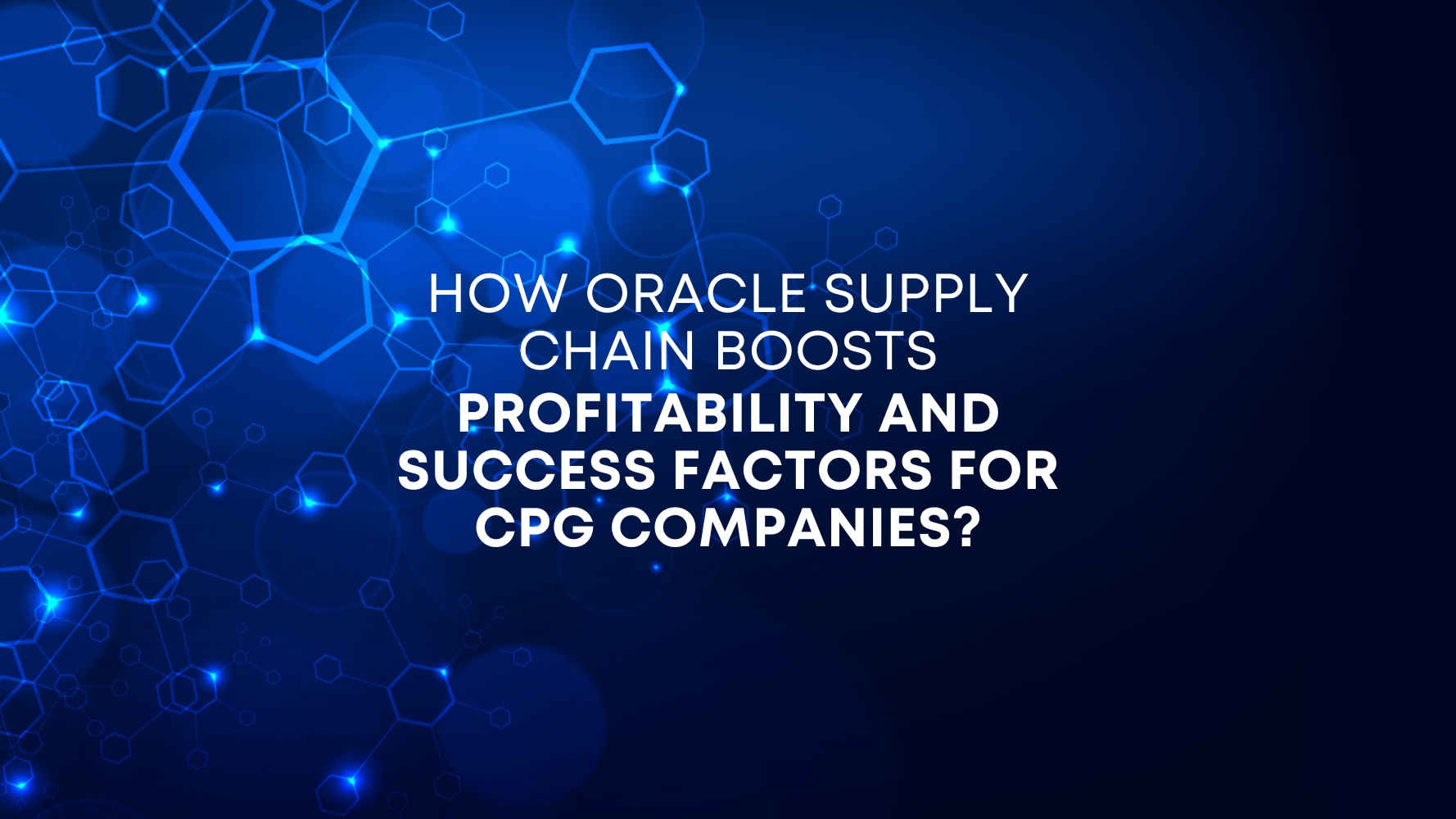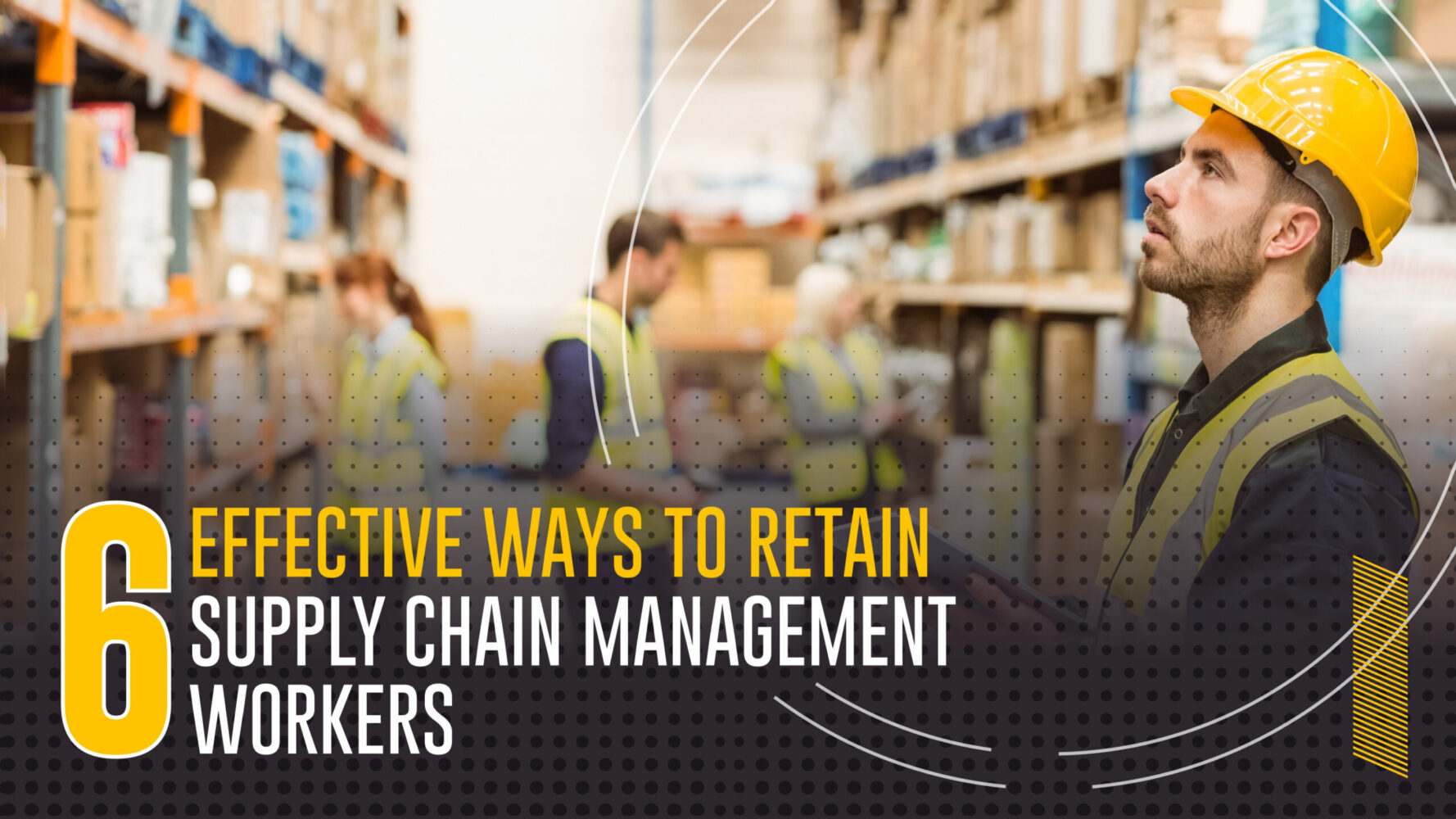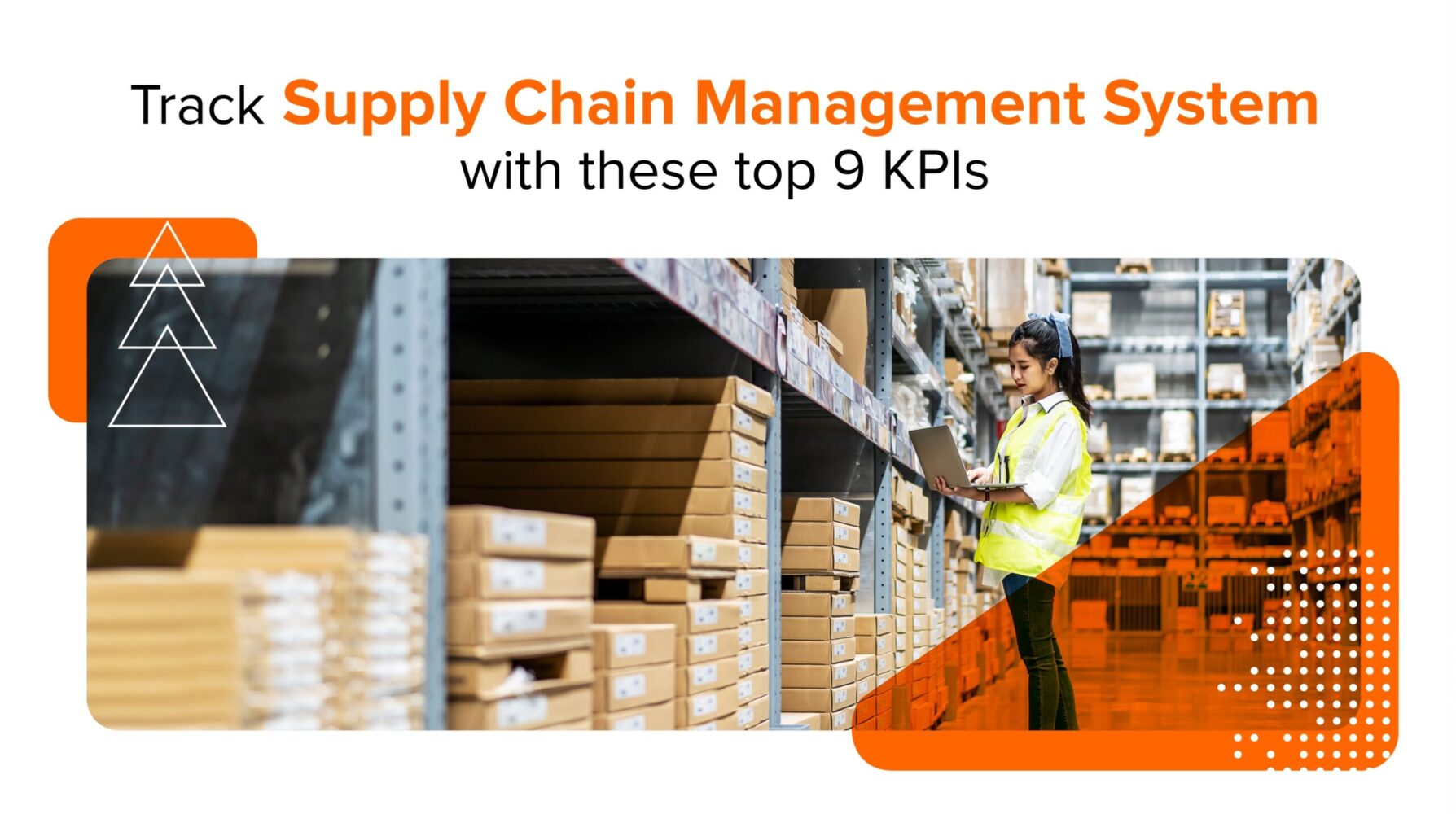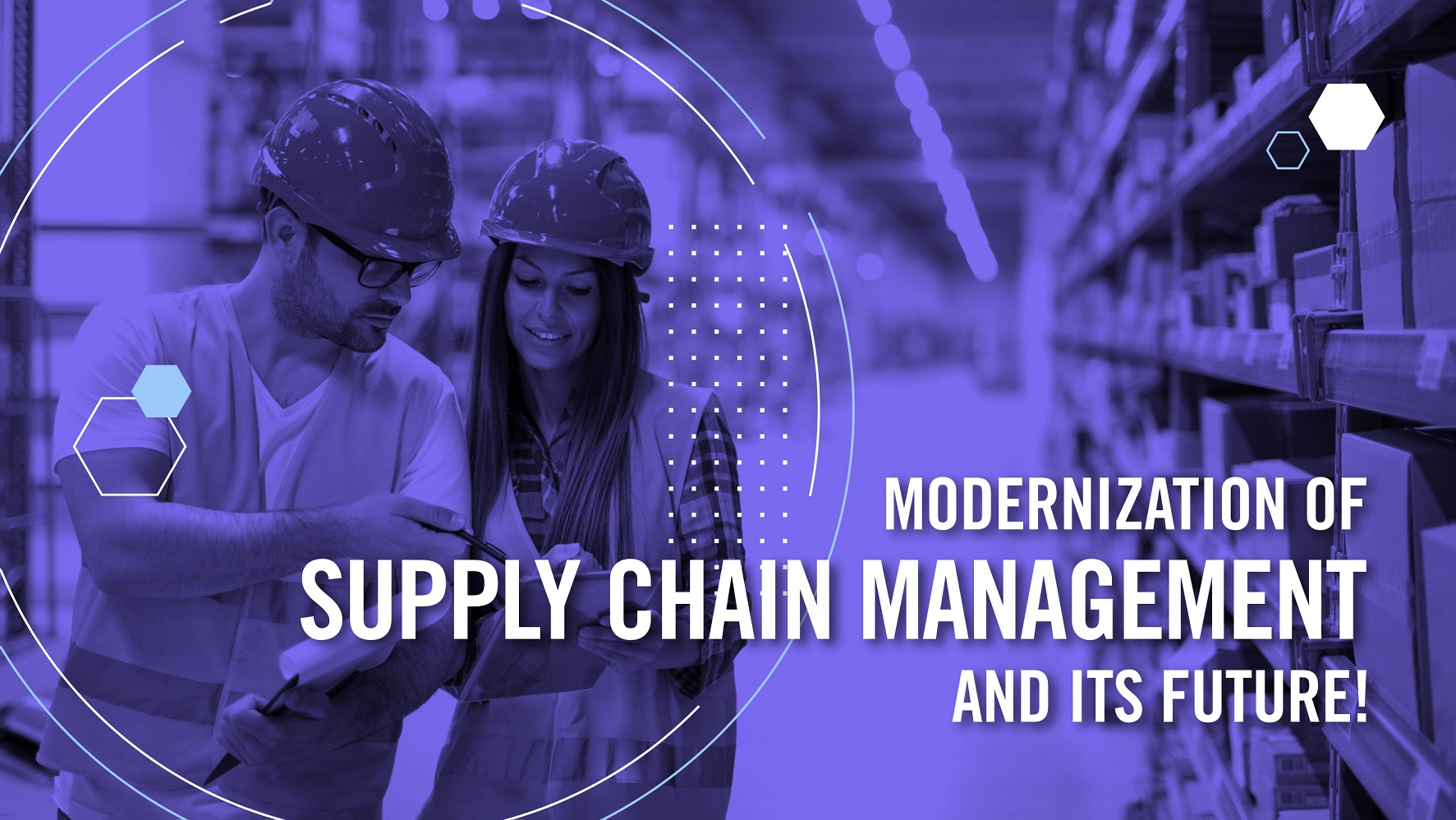In CPG companies, key supply chain success factors have a unique significance, as they significantly impact profitability and overall operational efficiency. One of the most important factors is the implementation of agile and adaptive supply chain strategies. Software companies often face rapidly changing market demands and technological advancements. This necessitates a supply chain that can quickly adjust to fluctuations and capitalise on emerging opportunities. It is worth pointing out that companies that embrace agile practices are better able to manage inventory, streamline production cycles, and reduce lead times, ultimately boosting their profitability as a result.
Consumer Packaged Goods (CPG) companies are increasingly struggling to optimise their supply chain. The impact of businesses today is felt by everyone involved in the supply chain, from growers and materials suppliers to manufacturers, distributors, logistics providers, and consumers.
A comprehensive understanding of the environmental, social, and governance (ESG) requirements is vital. Despite minor differences in data quality and performance, they can profoundly affect business outcomes and revenues. Any enterprise that operates in the agribusiness, food and beverage, household goods, or personal care industry can benefit from this.
It is well known that Consumer Packaged Goods (CPG) companies have to deal with various challenges. One of the critical areas where these companies can gain a competitive edge is supply chain management. For consumer packaged goods (CPG) companies, agile supply chain strategies can increase customer satisfaction, efficiency, and higher profitability. Similarly, adopting agile supply chain management (SCM) strategies for CPG companies can help reduce costs, improve responsiveness, and maximise profitability. An efficient and optimised supply chain ensures smooth operations and boosts profitability. For example, Walmart, a leading CPG company, uses AI-based algorithms to reduce supply chain costs and improve efficiency.
Here, we will explore the key supply chain success factors that can help CPG companies enhance their performance, reduce costs, and ultimately achieve sustainable growth.
1. Demand Forecasting and Planning
Accurate demand forecasting is the cornerstone of a successful supply chain for CPG companies. Companies can better anticipate consumer demand by leveraging advanced analytics, historical data, market trends, and even predictive AI models. This enables them to optimise production schedules, reduce excess inventory, and minimise stockouts. Effective planning ensures that the right products are available at the right time and in the appropriate quantities, reducing costs and improving customer satisfaction.
2. Supplier Collaboration and Relationship Management
Building strong partnerships with suppliers is essential for CPG companies. Collaborative relationships enable better communication, visibility, and goal alignment. Close collaboration with suppliers fosters innovation, reduces lead times, and identifies cost-saving opportunities. Regularly evaluating supplier performance ensures efficiency and reliability. Supplier performance should be evaluated at least twice yearly, though best-in-class organisations evaluate supplier performance every three months.
3. Inventory optimization
Excess inventory ties up capital and incurs carrying costs, while inadequate inventory levels lead to missed sales opportunities and dissatisfied customers. Inventory optimization involves adopting technologies like RFID, IoT sensors, and AI-driven inventory management systems to gain real-time visibility into stock levels. With this data, CPG companies can strike a delicate balance between maintaining sufficient inventory to meet demand and minimising carrying costs. For instance, RFID tags can be used to track inventory movement throughout the supply chain to ensure the right amount of stock is delivered to the right place at the right time.
4. Efficient transportation management
A well-planned transportation network is critical to ensure timely product delivery and reduce transportation costs. Optimising routes, consolidating shipments, and choosing the proper transportation modes can significantly impact the bottom line. Additionally, CPG companies can explore alternative transportation methods, such as intermodal transport and last-mile delivery solutions, to improve efficiency and reduce carbon footprints. Automating and integrating transportation processes can also optimise operations and streamline the supply chain. Additionally, leveraging data and analytics to gain greater visibility into transportation operations can help identify and address potential issues before they arise.
5. Embracing technology and automation.
Technology and automation can revolutionise CPG companies’ supply chains. Adopting Supply Chain Management (SCM) software and Enterprise Resource Planning (ERP) systems streamlines processes, increases data accuracy, and enhances decision-making capabilities. Moreover, leveraging technologies like robotics, drones, and autonomous vehicles can improve warehouse operations and distribution efficiency. This can lead to reduced costs, improved service levels, and higher customer satisfaction. Ultimately, these advancements can help CPG companies to remain competitive in an ever-changing market.
6. Sustainability and ethical practices
Modern consumers are increasingly conscious of sustainability and ethical practices. Embracing green supply chain initiatives, reducing waste, and implementing sustainable packaging solutions meet consumer demands and lower operational costs in the long run. Moreover, adhering to ethical practices throughout the supply chain enhances brand reputation and drives customer loyalty. Companies that understand these trends can remain competitive, while those that don’t risk being left behind. To stay ahead, businesses should strive to remain mindful of their operations’ environmental and ethical implications.
7. Continuous improvement and agility
In a rapidly evolving business environment, adaptability and responsiveness are crucial. Regularly assessing supply chain performance, gathering feedback, and implementing continuous improvement initiatives help CPG companies stay ahead of the competition. An agile supply chain can quickly respond to changes in consumer behaviour, market trends, or unexpected disruptions, ensuring business continuity and customer satisfaction. Companies that can rapidly adjust to changes in the market can gain a competitive advantage by deploying new products, services, or initiatives faster than their competitors. They can also identify areas of inefficiency and take action to reduce costs. An agile supply chain can also help companies maintain customer loyalty by providing a better service experience.
Conclusion
By partnering with an Oracle Preferred Partner like Tangenz, CPG companies can harness the full potential of Oracle’s suite of solutions, including Fusion Cloud ERP and SCM, Hyperion Financial Management, and PeopleSoft ERP, to create a cohesive and optimised supply chain ecosystem.
A robust and efficient supply chain is the backbone of success for Consumer Packaged Goods (CPG) companies. CPG companies can boost their profitability and thrive in the competitive market by prioritising demand forecasting, nurturing supplier relationships, optimising inventory, embracing technology, and practising sustainability. Continuous improvement and agility ensure that they remain adaptable to future challenges and opportunities, securing their position as leaders in the industry. Investing in the right supply chain strategies and practices will lead to a prosperous and sustainable future for CPG companies.
Connect with our supply chain management experts at Tangenz to explore it for your organisation.
